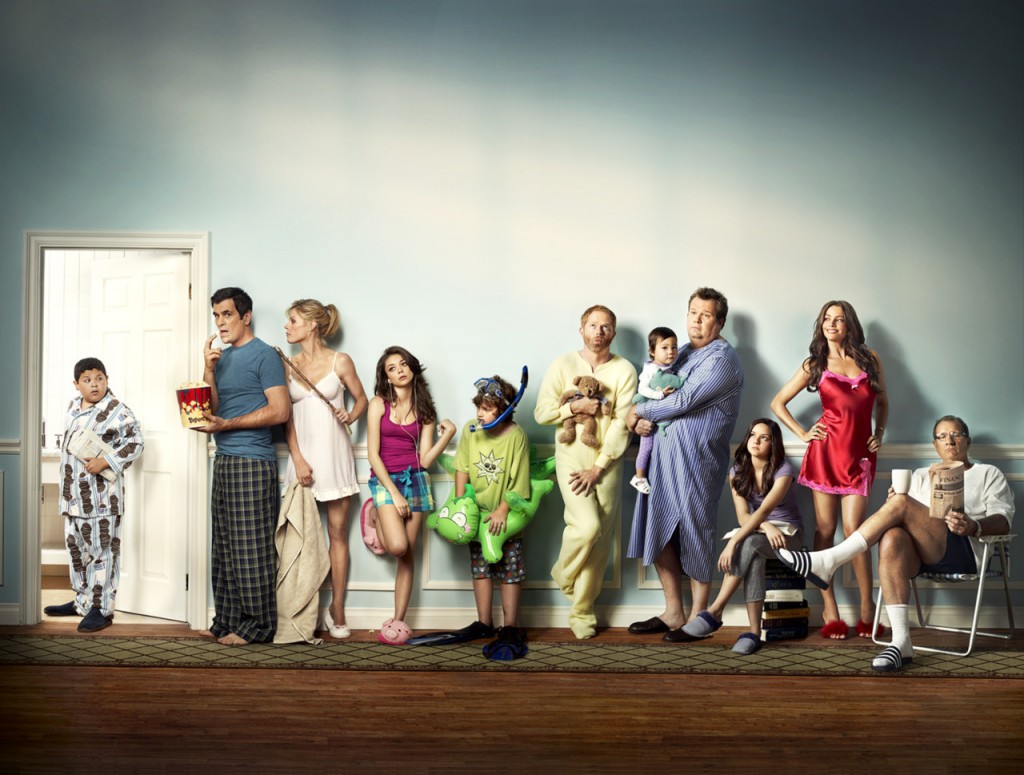 There has been a lot of controversy lately about the term "family". Do open adoptions where kids have a set of biological parents and a set of adoptive parents make it confusing? Are families with single parents at a disadvantage? What about gay couples and their effect on the family?
There has been a lot of controversy lately about the term "family". Do open adoptions where kids have a set of biological parents and a set of adoptive parents make it confusing? Are families with single parents at a disadvantage? What about gay couples and their effect on the family?
Gone are the days of a two-parent family with a white picket fence and a dog. It's time we re-define the "typical" family or "normal" family. Look around. Today there's adopted families, blended families, foster and group-home families, grandparent-led families, GLBT families, and single-parent families to just name a few.
As Lisa Belkin writes in her book A Normal Family: "What is a family? Statistically it is no longer a mother, a father and their biological family living together under one roof (and certainly not with Dad going off to work and Mom staying home). Although perception and acceptance often lag behind reality, there is evidence that a new definition of family - while far from universally accepted is emerging."
Families Are Evolving
The concept of "family" is more diverse than ever before. Why? Because the divorce rate hovers around 50%. Society is changing its views on what makes a "couple" as many states are now recognizing same-sex marriages. Hard economic times have led to extended families all moving in together.
Is this bad? No. Just different. The Pew Center for Research Survey of Americans, The Decline of Marriage and Rise of New Families suggests that even though the forms of family life have changed dramatically, the central importance of family and the satisfaction with family life is as strong as it ever was." According to this study, what are the major factors changing the term "family" as we think of it? Here are some results from the survey:
- There has been a shift in the perception of marriage. Marriage is not as "in vogue" as it once was. About half (52%) of all adults in this country were married in 2008; back in 1960, seven-in-ten (72%) were. 40% of Americans in the PEW survey say that marriage is becoming obsolete.
- The generation after the baby boomers, sometimes called they and Y and Z generations (meaning they were born from 1980 - present), are more accepting of diversity. By diversity, this applies to all aspects of life - lifestyles, marriages, religions, and differing races. Fortunately or unfortunately, gone are many of the prejudices of prior generations.
- Three-quarters of all adults (76%) say their family is the most important element of their life and 75% say they are "very satisfied" with their family life.
- 86% say a single parent and child constitute a family; nearly as many (80%) say an unmarried couple living together with a child is a family; and 63% say a gay or lesbian couple raising a child is a family.
- Cohabitation has doubled since 1990.
What's Important In A Family
Which begs the questions: no matter what its configuration, what really makes up a family? We all know it's not a matter of blood or DNA. So we've compiled a list of some of the emotions, qualities and values that can be important in a good family.
- Acceptance no matter who you are
- Love no matter what you do
- Forgiveness for the less than stellar things you do
- Accountability for your actions
- Loyalty versus turning on each other
- Communication about the good and bad
- Respect for each individual's uniqueness
- Quality time for bonding, sharing and nurturing
Did you recognize your family in these characteristics? If not, understand a family is a fluid entity. It takes hard work and patience to build a strong, family unit, but once you do, it can't be broken.
A family is not confined by a roof. It can be spread out and far flung, with parents, siblings and extended family living all over.
So don't worry if the "picture" of your family doesn't fit in with past perceptions. Just change the lens!
Jeffrey A. Kasky, Esq. is a Florida adoption lawyer and Vice President of One World Adoption Services, Inc., a Florida-licensed not-for-profit child placing agency.







